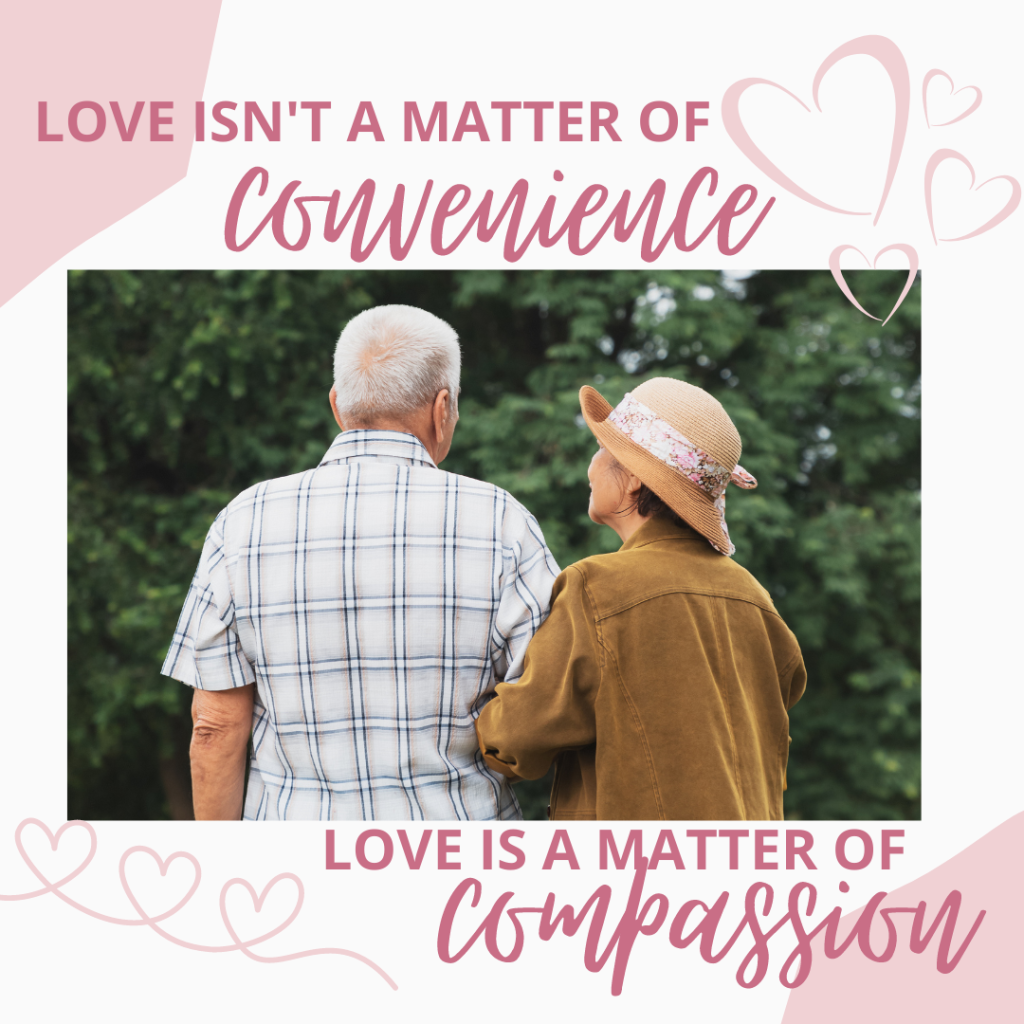
One of my favorite personal ministries is “InTents,” an intimate, 9-day long experience of intensive training in discipleship.
I’d call it Ann Bjorlie’s brain child, except I believe it’s really a beautiful vision inspired by the Holy Spirit.
As the mother of nine children who are now grown, Ann has the time and room to take young women into her home for spiritual fellowship and teaching each spring.
Over the course of one week and two weekends, Ann and a team of dedicated older women delve into five areas of study especially designed to prepare young women for their adult lives and ministries within the Church.
The teaching is completely from the scripture and intentionally non-denominational, so if you’re a young woman (16-22±) and a follower of Jesus from any branch of the Christian Church, you are wanted and welcome. (Or, if you’re a mother or grandmother, please consider whether you have children or grandchildren in that age group who might want to come.) There are morning and afternoon teaching and hands-on training sessions, and in the evenings there are bonfires, fireside chats, games, and time for quiet times alone with the Lord as well as times to enjoy the other young women. To me, it’s somewhere between a girls’ camp and a retreat.

Girls working on a Spiritual Gifts Questionnaire
I’ve been involved for a number of years teaching on the gifts and work of the Holy Spirit, although this year I have two families and a friend visiting in our home during the InTents week so won’t be able to participate with the team. 😦 However, I think it’s a wonderful ministry and really encourage anyone who might want to come to apply.
It’s usually a small group of between 8-15 ladies, and although they’re primarily from Southwest Michigan, we’ve had girls come from as far away as Canada and Utah, so don’t let distance stop you! I know most young women in this age group need to get summer jobs, but it’s really just one week and two weekends at the beginning of summer, so hopefully the timing will work for you. When I was that age, I always spent my summer working as a waitress, but my boss would let me off one week so I could work as a life guard at Lake Ann Bible Camp up north. Perhaps you could ask your boss if you could take just one week off for this very special week of training.

If you can believe this, Ann only charges $50 per person for the entire nine days, which doesn’t even cover the cost of food. (Oh, she serves 3 meals every day for the kids too!) Ann used to offer it totally free of charge and covered the expenses herself (with the help of her dear husband), but she found that sometimes girls would sign up but not attend. Since she’s started charging $50, she hasn’t had any problems with the girls forgetting to show up! However, if you’d love to come but don’t have the $50, just let her know, as there are some scholarships available.
The deadline for signing up is May 1, which is just a few days away. If you’re interested but need more information, you can also leave a message in the comment box below or send me an email at kathrynwarmstrong@gmail.com and I can answer questions or help connect you.
“For the grace of God has appeared, bringing salvation for all people, training us to renounce ungodliness and worldly passions, and to live self-controlled, upright, and godly lives in the present age” (Titus 2:11-12).























